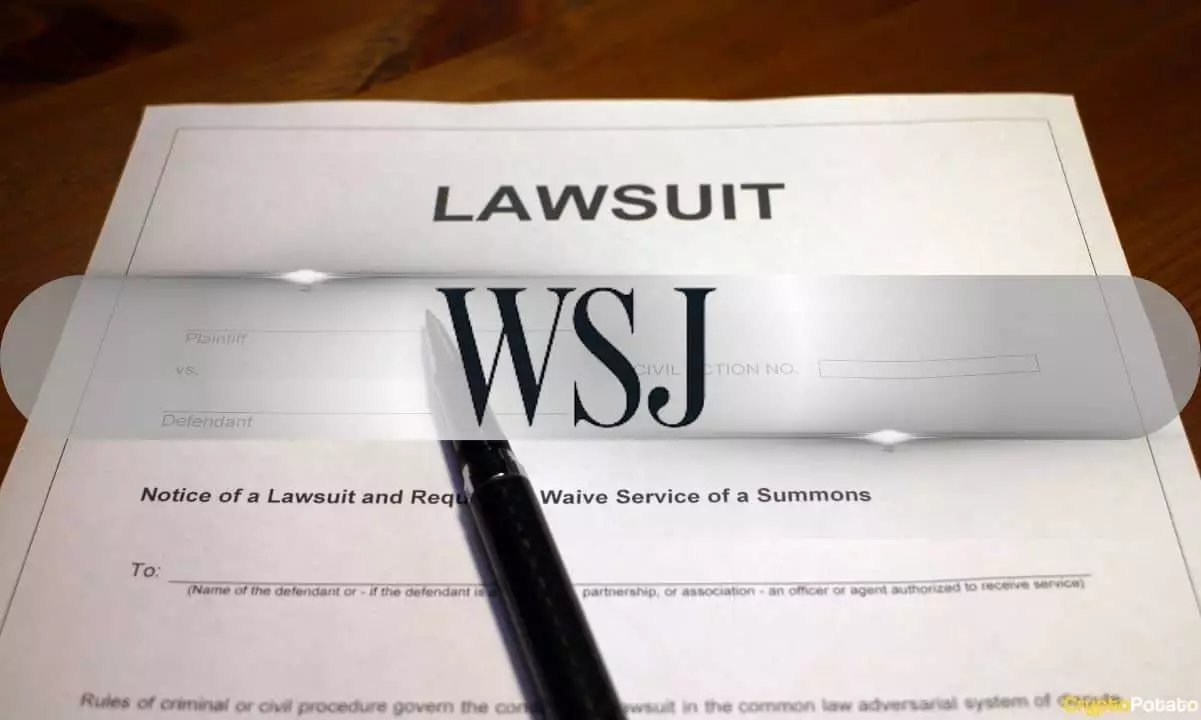The Wall Street Journal’s investigative article shed light on the questionable financial practices employed by Tether, Bitfinex, and related companies. The majority stake of both Tether and the Bitfinex exchange is owned by iFinex, a corporation established in the Virgin Islands. The article claimed that the group of entities surrounding iFinex attempted to maintain their connections to the international banking system by opening accounts connected to businessmen with reputations, albeit through changing the names of the companies for optics purposes.
The article revealed that the accounts tied to Tether and Bitfinex often came under scrutiny in various investigations related to terrorist financing and financial crimes. One significant loss mentioned in the article was the seizure of $850 million of funds tied to Panama-based payment processor Crypto Capital Corp by the authorities, believed to be connected to Tether despite the lack of formal documentation. Another company implicated in the article for improper financial conduct was AML Global Ltd., owned by British businessman Christopher Harborne, who owns nearly 13% of the Tether-issuing company.
Christopher Harborne, the owner of AML Global Ltd., has taken legal action against Dow Jones & Company, The Wall Street Journal’s parent firm, for defamation. While Harborne does not deny being a stakeholder in Tether, he refutes holding an executive position at the company and denies any involvement in illicit activities. He claims that his stake was acquired as part of a Bitfinex reimbursement plan following a hack in the company’s early days.
Following the legal action taken by Christopher Harborne, The Wall Street Journal removed the section of the article accusing him and his company of any wrongdoing. This incident raises questions about journalistic accountability and the responsibility of media outlets in ensuring the accuracy and fairness of their reporting. It also underscores the importance of thorough investigation and fact-checking before publishing potentially damaging information about individuals and businesses.
The revelations in The Wall Street Journal’s article point to the need for greater transparency and compliance in the operations of cryptocurrency-related businesses. As the crypto industry continues to evolve and expand, regulatory scrutiny is likely to increase, necessitating strict adherence to legal and ethical standards. Companies like Tether and Bitfinex must proactively address any concerns regarding their financial practices to build trust among investors and regulatory authorities.
The expose by The Wall Street Journal on Tether, Bitfinex, and related companies highlights the complex and often murky world of cryptocurrency finance. It serves as a reminder of the importance of transparency, accountability, and ethical conduct in the digital asset sector. As the regulatory landscape evolves, companies operating in this space must prioritize compliance and integrity to secure their long-term success and credibility.

